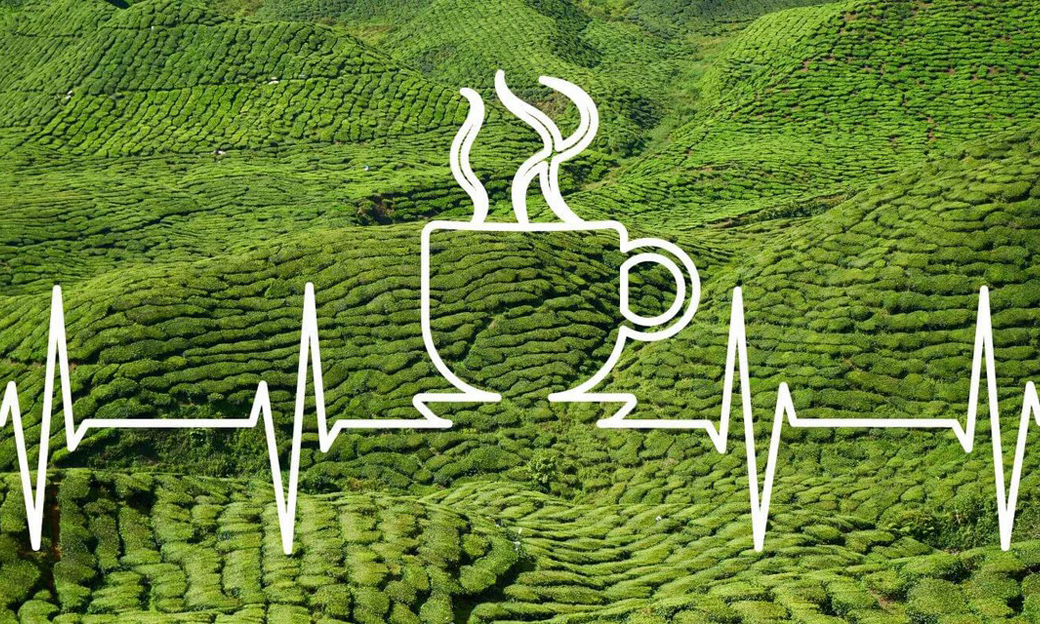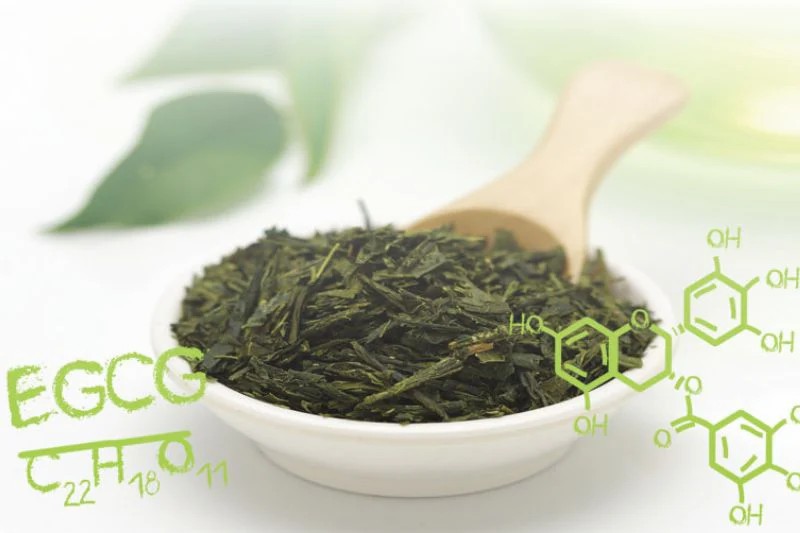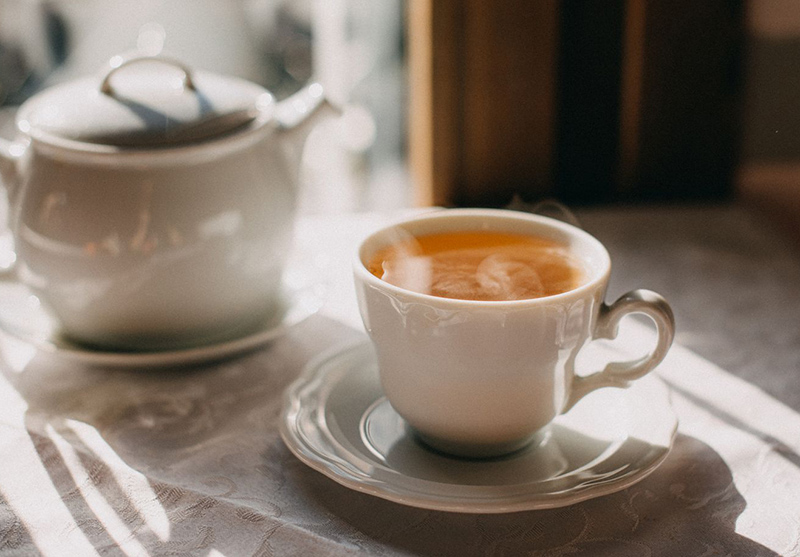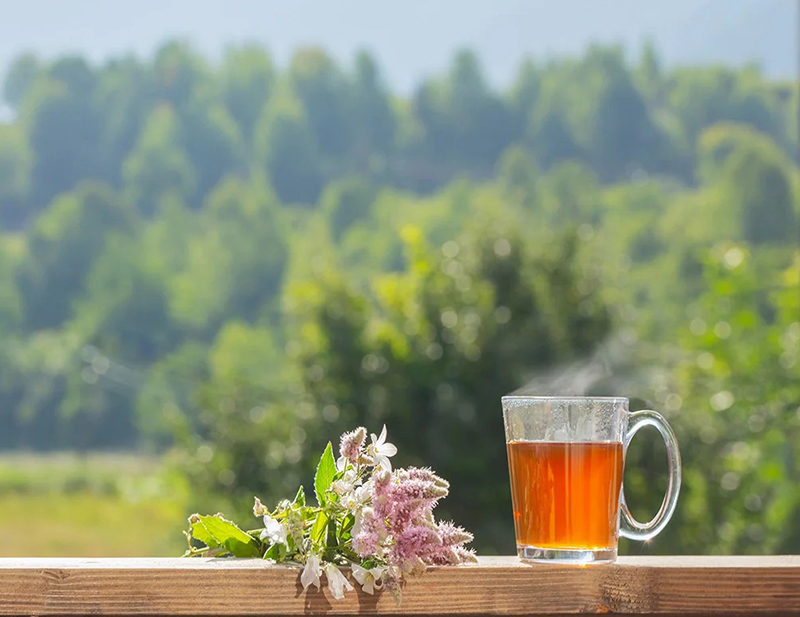
Many people seek natural remedies to improve their health, and one common question is whether tea can help lower blood pressure. With its rich history and various types, tea has long been studied for its health benefits, especially in relation to cardiovascular health. In this article, we will explore how tea may affect blood pressure, the role of catechins, the best teas for this purpose, and important considerations regarding diagnosis and treatment.
What Are Catechins?
Catechins are a type of antioxidant belonging to a larger group of compounds known as flavonoids. Found in abundance in certain types of tea, especially green tea, catechins are believed to play a significant role in tea’s potential health benefits. These compounds help reduce oxidative stress and inflammation, which can contribute to cardiovascular disease and high blood pressure. Catechins, particularly epigallocatechin gallate (EGCG), have been linked to improved heart health, including the potential for reducing blood pressure.

Benefits of Tea for Blood Pressure
Several studies have suggested that regular consumption of tea, particularly green and black teas, can have a positive impact on blood pressure. This is primarily due to the antioxidants and bioactive compounds present in these teas, including catechins, which can help improve the elasticity of blood vessels and promote better circulation. Research shows that drinking tea regularly may help reduce both systolic (the top number in a blood pressure reading) and diastolic (the bottom number) blood pressure.
One meta-analysis of multiple studies found that green tea was associated with a modest reduction in blood pressure. Black tea has also shown potential in lowering blood pressure, although the effects seem to be more modest compared to green tea. These effects are thought to be related to the improvement in endothelial function (the lining of blood vessels) and a reduction in overall vascular resistance, which helps blood flow more freely.
Best Teas for Blood Pressure
While many types of tea can be beneficial for health, some are specifically recommended for their potential to lower blood pressure:
Green Tea: Green tea is rich in catechins, which may help reduce blood pressure by relaxing blood vessels and improving circulation. Drinking green tea regularly has been associated with reductions in both systolic and diastolic blood pressure.
Hibiscus Tea: This herbal tea has gained attention for its potential blood pressure-lowering properties. Hibiscus tea contains anthocyanins and other antioxidants that may help dilate blood vessels, improving blood flow and lowering blood pressure.
Black Tea: While black tea contains fewer catechins than green tea, it still contains beneficial flavonoids that may help with blood pressure regulation. Consuming black tea consistently may lead to small but significant reductions in blood pressure.
Oolong Tea: As a tea that falls between green and black tea in terms of oxidation, oolong tea also contains catechins and other flavonoids that could help with blood pressure control.
Chamomile Tea: Known for its calming effects, chamomile tea may indirectly help lower blood pressure by reducing stress and promoting relaxation.

Diagnosis and Treatment
While tea may offer health benefits, it’s important to note that it is not a replacement for medical treatment when it comes to high blood pressure (hypertension). If you suspect you have high blood pressure, it is crucial to seek professional medical advice. Blood pressure is typically diagnosed using a blood pressure monitor, and a reading of 130/80 mm Hg or higher is considered elevated.
Lifestyle changes, such as adopting a healthy diet, increasing physical activity, and reducing salt intake, are essential components of managing blood pressure. In some cases, medication may be necessary. Tea can be a helpful supplement to these lifestyle changes, but it is not a cure.

A Word From Verywell
Incorporating tea into your daily routine can be a simple and enjoyable way to support heart health and potentially lower blood pressure. However, it is essential to remember that while tea can be beneficial, it should be part of a broader strategy to maintain healthy blood pressure. Consult with your healthcare provider for a proper diagnosis and treatment plan if you have concerns about your blood pressure. Natural remedies like tea can be a helpful addition, but they should complement—not replace—professional medical care.
Subscribe means that you have read and agree to the Privacy Policy.
Subscribe means that you have read and agree to the Privacy Policy.
Copyright © Shenzhen Pango Medical Electronics Co.,Ltd, Ltd. All Rights Reserved.